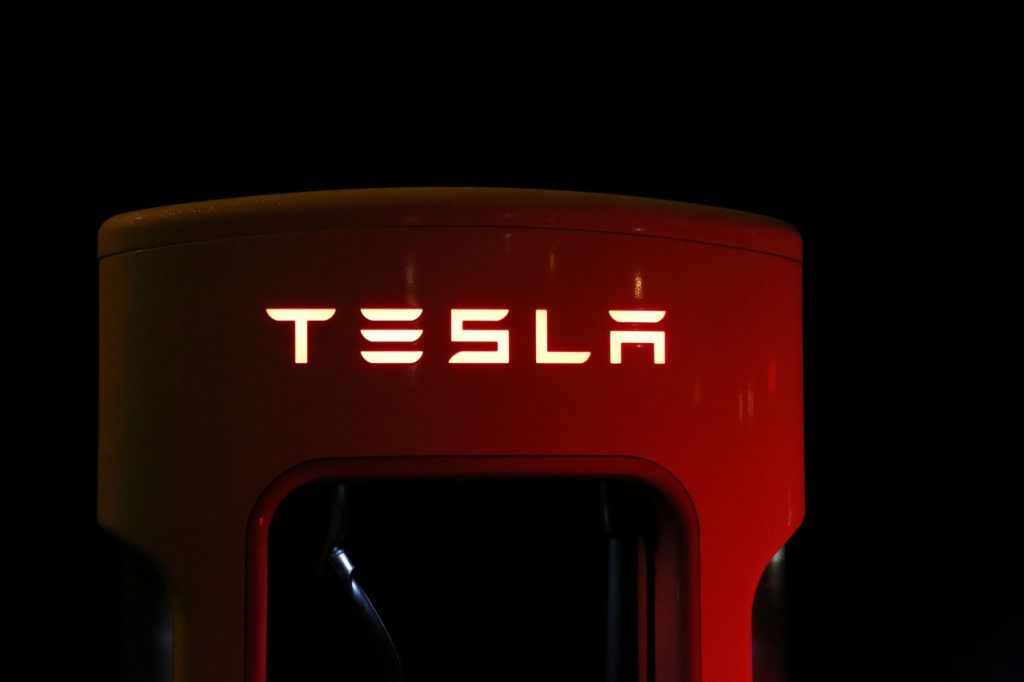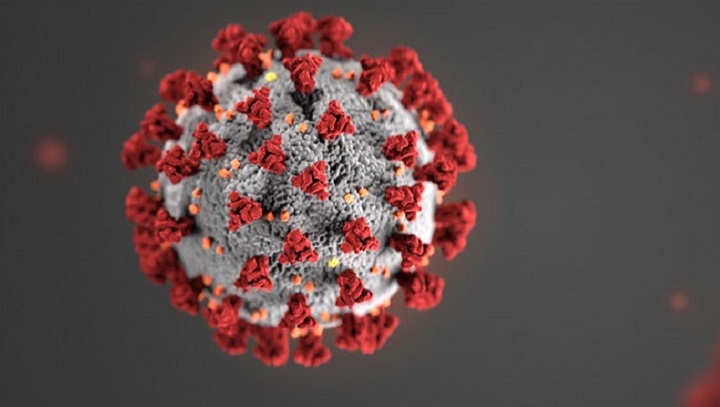The launch of the Axiom 04 (Ax-4) mission, which includes Indian astronaut Shubhanshu Shukla, has been postponed once again. The mission, initially slated for June 10, and then rescheduled for June 11, at 5:30 PM IST, now awaits a new launch date following the detection of a technical issue during pre-flight preparations.
Both the Indian Space Research Organisation (ISRO) and SpaceX confirmed the reason for the delay. ISRO stated via a post on X that during a seven-second hot test conducted on the launch pad—a procedure to validate the performance of the Falcon 9 booster stage — a liquid oxygen (LOx) leakage was identified in the propulsion bay.
SpaceX, the operator of the Falcon 9 rocket, also announced its decision to “stand down” from the planned launch. The company confirmed that the postponement allows its teams additional time to repair the LOx leak discovered during post-static fire booster inspections. SpaceX indicated that a new launch date would be communicated once repairs are complete and subject to range availability. Discussions involving experts from Axiom Space, ISRO, and SpaceX led to the decision to rectify the leak and conduct further validation tests before clearing the mission for launch. This marks the fourth delay for the Axiom-4 mission – previous delays included a push from June 10 to June 11 due to unfavorable weather conditions, including a 45% chance of rain and strong winds at the launch site.
“Standing down from tomorrow’s Falcon 9 launch of Ax-4 to the @Space_Station to allow additional time for SpaceX teams to repair the LOx leak identified during post static fire booster inspections,” SpaceX announced in a post on X. “Once complete – and pending Range availability – we will share a new launch date.”
The Ax-4 mission holds considerable significance for India, as it is set to make Shubhanshu Shukla the first Indian astronaut to journey into space in over four decades. The mission is integrated with India’s own human spaceflight program — Gaganyaan — expected to launch by 2027. The last Indian citizen to fly in space was Rakesh Sharma, who undertook a historic mission aboard a Soviet spacecraft in 1984. An Indian Air Force (IAF) Group Captain and a combat and test pilot with over 2,000 hours of flying experience, Shukla has undergone extensive training for this mission. His preparation included advanced astronaut training at Russia’s Yuri Gagarin Cosmonaut Training Centre, ISRO’s Astronaut Training Facility in Bengaluru, and sessions with international space agencies like the European Space Agency (ESA) in Germany and the Japan Aerospace Exploration Agency (JAXA).
He was also among the four astronauts selected for India’s Gaganyaan human spaceflight mission. Shukla will be joined on this 14-day mission by Tigor Kapu of Hungary and Slawosz Uznanski-Wisniewski of Poland. While on board the International Space Station (ISS), Shukla is scheduled to conduct a series of scientific experiments specifically developed by ISRO and the Department of Biotechnology (DBT), with assistance from NASA.
These experiments include research on cultivating fenugreek and green gram in microgravity, which aims to contribute to the development of self-sustaining life-support systems essential for future deep-space missions. The seeds grown in space will be returned to Earth for multi-generational studies, offering insights into long-term biological adaptations to space environments.
Content originally published on The Tech Media – Global technology news, latest gadget news and breaking tech news.







